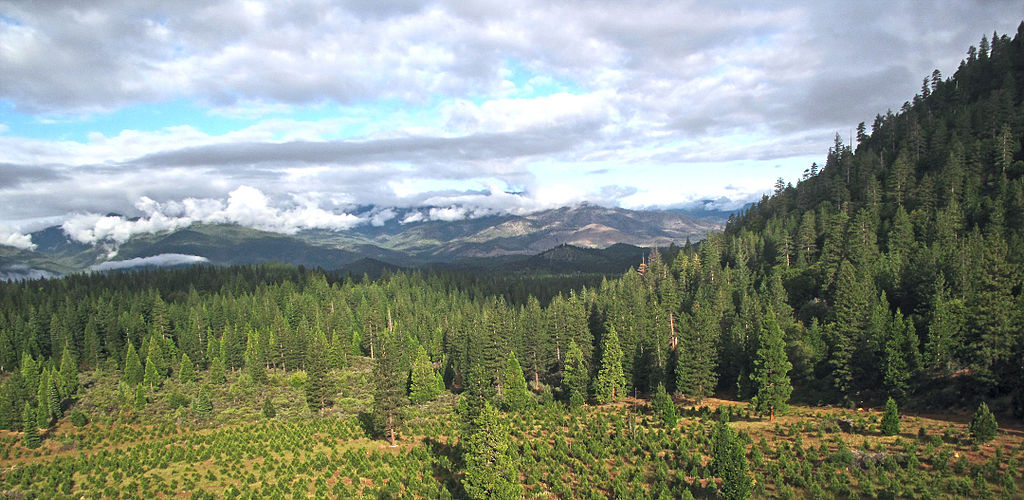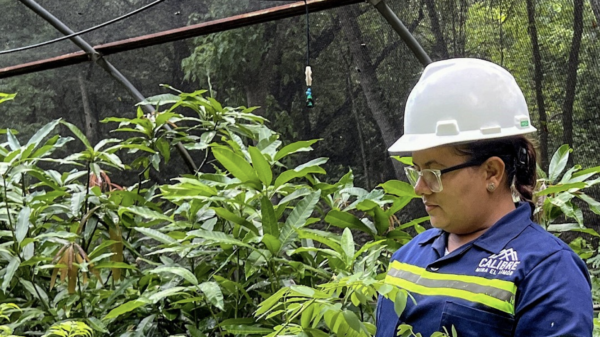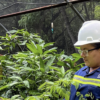After a spike in illegal growing operations, lawmakers in Oregon are pushing legislation forward that targets fake hemp grows and monitors water supply.
On Thursday, the state senate rules committee passed SB 1564, which puts a temporary suspension on hemp grower licences if a country declares a state of emergency due to illegal cannabis operations.
If a state of emergency is declared, a county would notify the state’s agriculture department to enact a pause to review current licences and regulations.
As of last October, Jackson and Douglas counties both declared emergencies because of illegal cannabis operations. They asked Governor Kate Brown for more funding for enforcement personnel, due to overwhelming criminal activity in the regions.
The bill will be in effect for this and next years’ growing seasons.
Read more: Oregon cannabis operators lobby to reinstate lid on new licences
Read more: Oregon eases cannabis industry regulations
Bill sponsor Rep. Pam Marsh from Southern Jackson County held a community forum last October on the spread of illegal hemp and cannabis cultivations in Southern Oregon.
Obie Strickler, chair of the Jackson County Marijuana Advisory Committee, said during the forum that in the last two years, numerous new grows started to appear.
He explained that before HB 3000 regulating hemp grow-ops became effective in July last year, a lack of regulations around hemp opened numerous loopholes and grey areas for illicit activity, and law enforcement couldn’t differentiate between legal and illegal a cannabis crops.
Jackson County Sheriff Nathan Sickler said criminal organizations from outside the country or from other states have set up in Oregon, and have started running illegal grow ops or stealing from others.
Previously, organized criminals had operated in the region, but were usually tucked away in forested hills, according to Sickler. Whereas now many operate out in the open, in greenhouses scattered throughout Southern Oregon.
SB 1564 is set for a public hearing on Monday, Feb. 21.
A separate bill, HB 4061, was approved by the House agriculture and land use committee this week.
The bill would focus on cutting off the water supply for illegal cannabis operations in the region by closely monitoring water consumption.
It would require growers and water supply companies to keep records for a minimum of 12 months, and report them to the Oregon Water Resources Department as requested.
If a person doesn’t report that the water being used is for cannabis, they could end up in jail for up to a year, receive a fine of US$6,250 or both. It also places heavy fines on water suppliers for hauling water to unregistered cannabis grows.
“Illegal cannabis operations are using surface and groundwater without water rights, depleting limited water resources for legitimate agricultural, recreational, residential, municipal, and other uses,” lawmakers explain in the bill’s summary.
According to Oregon’s water resources department, this happens with the help of water hauling companies that legally get water from municipal fill stations, but then deliver it to illicit cultivation sites.
The bill is set for a third reading in the House also on Monday.
Follow Natalia Buendia Calvillo on Twitter
natalia@mugglehead.com














